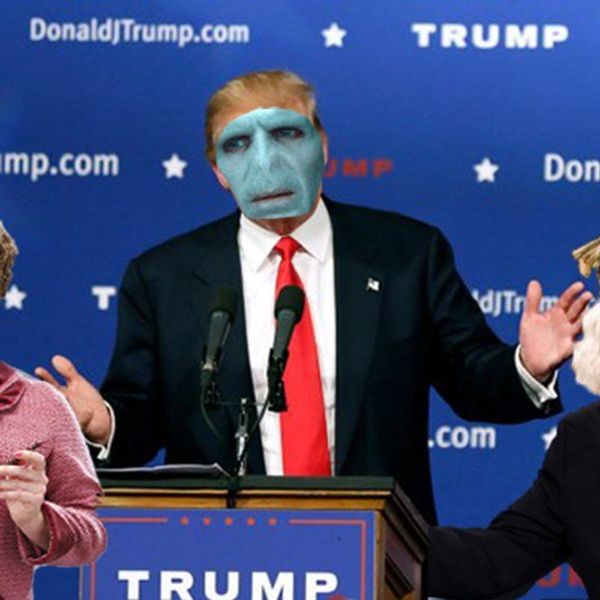Intro
In 2011 a wave of democratic sentiment swept across much of the Middle East, uprooting several long-standing Middle-Eastern dictatorships. The effects of this democratic uprising, known as the Arab Spring, are still being played out today in places such as Libya, Yemen, Egypt and Syria.
For Libya, the Arab Spring and the resulting conflict have proven detrimental to the stability and security of the country. This conflict serves as a microcosm for a much broader problem with the establishment of global democracy as countries such as Libya struggle to maintain as sense of stability in the face of chaotic democratization.
Background
Colonel Muammar Gaddafi became president of Libya in 1969, promising a revolutionary socialist republic. He nationalized much of the country’s major industries, including oil, and solidified a firm grip of control over the people.
When protests broke out in 2011, Gaddafi tightened his control, violently suppressing the protesters who were able to use global sympathies to draw wide spread condemnation against the Gaddafi government.
In order to stop the violence and remove Gaddafi from president, the United States, along with a coalition of several allies intervened in the conflict, removing Gaddafi from power and allowing a provisional government to take hold.
Civil War
Since this intervention, the country has largely fallen into chaos. The provisional government has failed to hold together Libya’s internal politics because of a multitude of militias arising throughout the country in an attempt to garner power and control oil. On top of this, ISIS has found a foothold within the chaos and has used the Libyan Civil War to expand its reach into Africa. The civil war continues today with the country divided into two parts as various factions vie for control, clashing violently and causing widespread chaos and bloodshed throughout the country.
Was intervention the correct call?
Earlier this year, President Obama admitted in a Fox News interview that his greatest mistake as president had to do with the lack of planning for the aftermath of the US-led intervention into Libya. After Gadhafi was removed from power, a vacuum opened up with a multitude of factions attempting to fill it. This has plunged the country into chaos and civil war with no end in sight.
In many ways, this highlights the central problem with intervening to remove a strong leader such as Gaddafi. When a dictator is removed, there is often not an institutional framework there to support a new government. In a dictatorship, the dictator himself is the primary driver of governance, and there is not a wide range of governmental structure there to support the removal of a central figure, nor is there a variety of individuals already participating in the political process as there is in places like the United States. Here we have a vast infrastructure of governmental institutions, and we have individuals who work within those institutions. There is a Congress that makes law, there is a Supreme Court that interprets these laws, there is a vast infrastructure of institutions to execute the laws, there is a bureaucracy that regulates and there is a military that is subject to the government. Not only does the federal government have this, but so does each state, so even if the federal government is removed, there is still a functioning government. In the US, if the President and most of the Congress were removed from power, there would still be institutions there to stabilize the country. Others could simply run for office and continue the act of governance unchanged. Yet this is not true in countries such as Libya where there is not a formalized and stable mechanism for the continuation of power, meaning the various factions must use violent methods to assert their will.
Conclusion
Stable institutions do not exist in countries such as Libya in which dictators are sole proponents of government, meaning that chaotic passing of power is inevitable after a leader’s removal. When that person is removed, there are no institutional safe guards to fall back on. This is why Libya has descended into civil war; it also explains why the US had to stay and nation-build in Iraq and Afghanistan. It also gives us a preview of what will happen if Bashar Al-Assad is removed from power in Syria. It is the fundamental problem that exists when removing a dictator, and it is something an intervening power must consider when looking to act.
Was Muammar Gadhafi a bad man? Yes. Should he be in control of Libya? No. But is removing him from power actually best for Libya? These question are important because they are the same ones that exist in other regions such as Syria. If the United States chooses to intervene there, chaos will ensue as a multitude of different factions will violently fight over control of the government.
Every good action is held back by its own negative consequences—something that must be learned as the United States continues to navigate the complexities of a newly emerging post-colonial world.





















